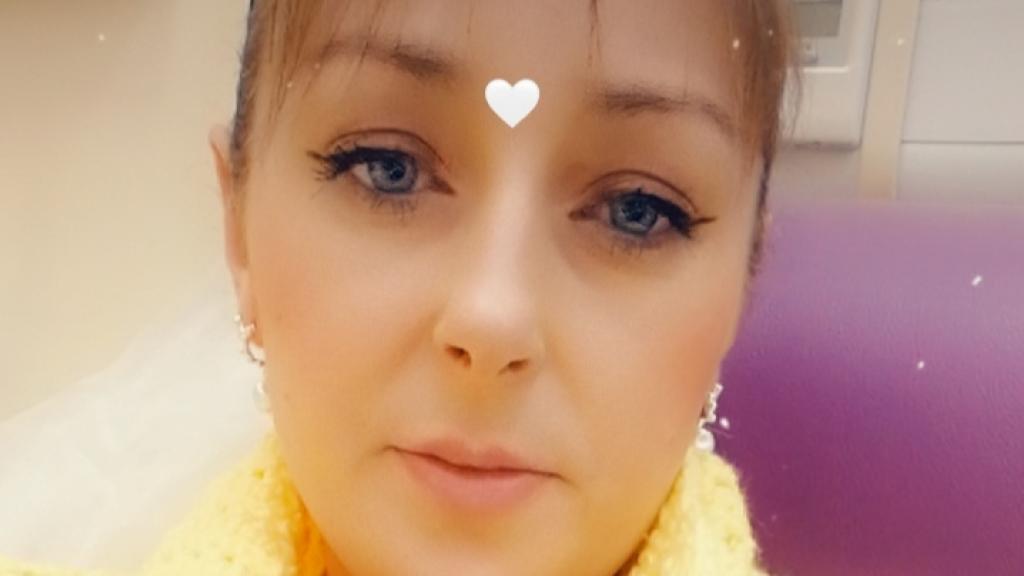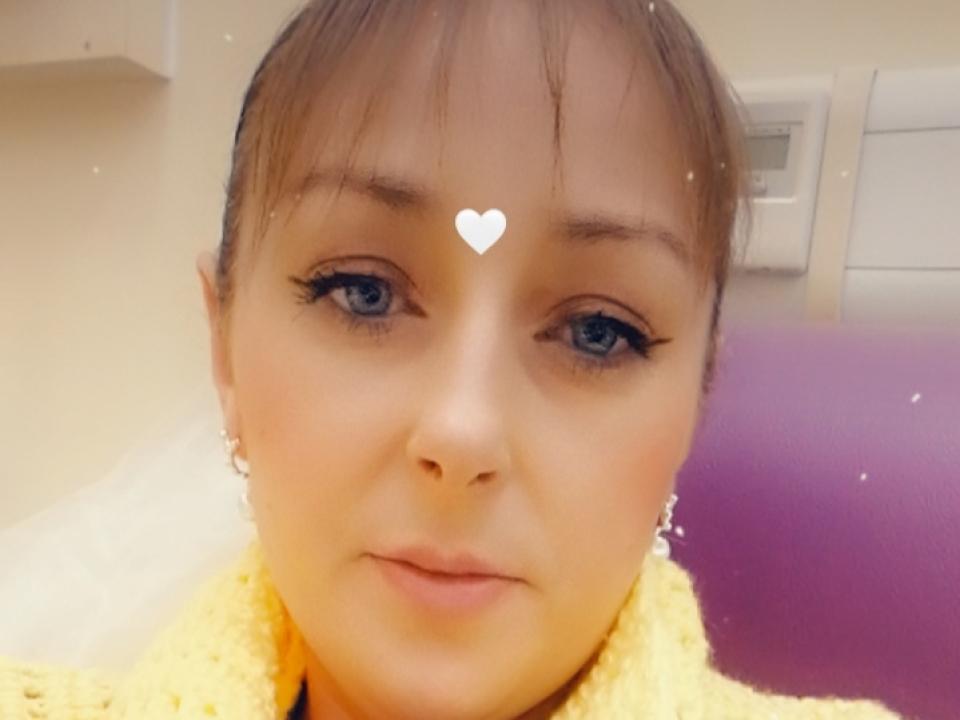

Forty-year-old Sarah Kidney from County Cork woke in the early hours of the morning suffering from extreme abdominal pain, bloating and discomfort “I didn’t think much of it, I thought maybe I was dealing with constipation or something.
I was feeling fatigued but I put this down to working full time and having three kids. I had a shift in work the next afternoon so I headed there but my condition gradually deteriorated and the pain became much worse and started radiating outwards.” She recalls.
Sarah left work early and rang her GP, she was told to go straight to the Emergency Department. At the hospital she was told she had acute appendicitis and needed an urgent operation to remove her appendix.
Two weeks later she was recovering well and feeling back to herself when she got a call from her surgeon’s secretary requesting her attendance at an appointment the next morning. Sarah’s appendix had been sent to pathology for testing following her operation and they had discovered goblet cell adenocarcinoma of the appendix.
“I used the Irish Cancer Society Volunteer Driver Service during my chemotherapy, which was incredibly helpful. I don’t drive and the last thing I wanted to do when I was feeling so unwell was to get public transport. The drivers were amazing, so lovely."
“I got an awful shock as I had never even heard of appendix cancer, I know now it is very rare, especially the type I had. I had only just lost my mother the year before very suddenly to cancer. I automatically went into panic mode, thinking the same thing would happen to me. ” She says.
To treat her appendix cancer, they would remove the right side of her colon where her appendix had been attached, known as a right hemicolectomy. They also would remove her surrounding lymph nodes. Sarah had this surgery ten weeks after her diagnosis, lasting about six hours. Results returned to show that one of her lymph nodes was cancerous, so she was then booked in to undergo four rounds of chemotherapy, which she completed in May of this year.
Since then Sarah has had a CT scan which has thankfully been clear but she has been experiencing some complications from her surgery including bile acid malabsorption, meaning her intestines can't absorb bile acids properly. As a result she is on a low-fat diet and daily medication.
“I will probably be back and forth with frequent check-ups with the colorectal team for the next year. The doctors tell me how lucky I was that I actually got the appendicitis, that without that the outcome of my diagnosis could have been much worse but I feel I am still trying to recover, a year later. My life has changed now, following my surgery I have had to change my diet and lifestyle. I am always aware of it. I have been in and out of the hospital, I also experience terrible neuropathy.”
Sarah availed of some of the Irish Cancer Society supports during her treatment “I used the Irish Cancer Society Volunteer Driver Service during my chemotherapy, which was incredibly helpful. I don’t drive and the last thing I wanted to do when I was feeling so unwell was to get public transport. The drivers were amazing, so lovely.
I also availed of remote counselling from the Irish Cancer Society once a week for an hour. Not everyone understands what you are going through, but the counsellor does. I found it so easy to offload to them. I often just cried for the hour I spent with them.
I don’t think it hit me, what I went through, until all the treatment was over, so it was amazing to have them to speak with.”
Sarah offers some advice to other people reading this “Don’t ignore symptoms. If you aren’t feeling yourself, don’t feel silly or that you are wasting the doctor’s time, get yourself checked out.”
If you would like to share your story you can contact us at tellus@irishcancer.ie
Contact the Irish Cancer Society Support Line
If you have worries or concerns about cancer, you can speak confidentially to an Irish Cancer Society Cancer Nurse through the Freephone Support Line on 1800 200 700.
Monday to Friday, 9.00am - 5.00pm
For more information
Phone
1800200700
